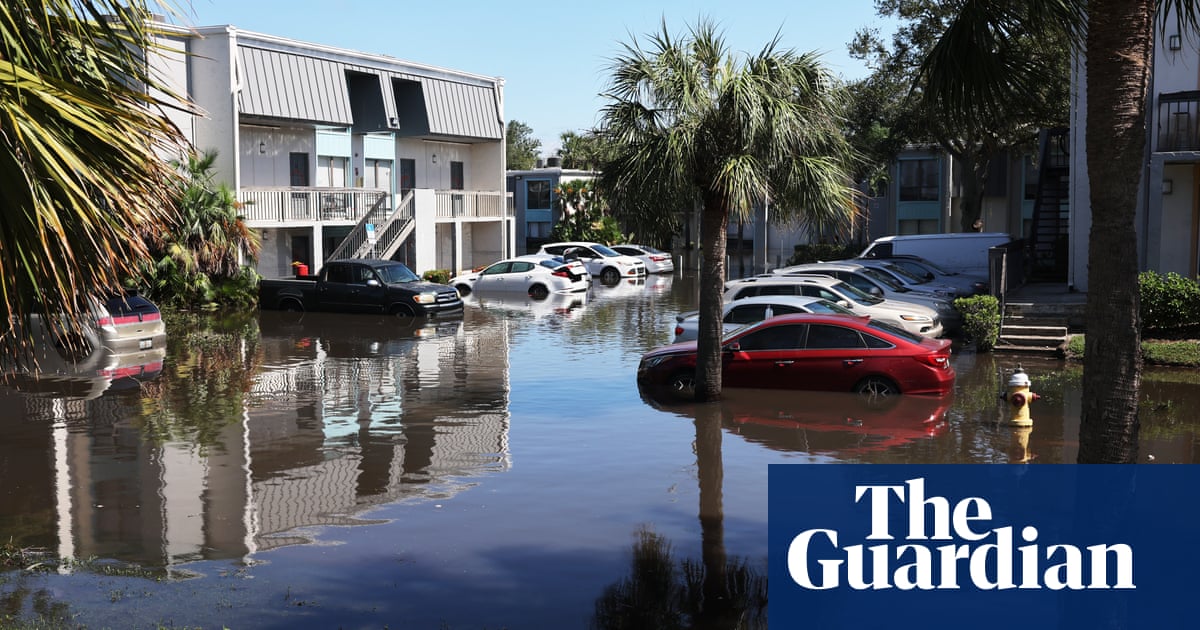Flooding is separate from typical US home insurance and many homeowners are not adequately covered
As millions of US residents begin working to file insurance claims on their homes in the aftermath of Hurricanes Helene and Milton, many could be denied, particularly if their homes were damaged by flooding.
A quirk in the US home insurance market is that flood insurance is separate from typical home insurance, which usually covers wind damage from hurricanes but not flooding. Homeowners must purchase flood insurance separately if they want their homes protected against flooding.
And many don’t. In some areas where Hurricane Helene hit the hardest, less than 1% of homes had flood insurance when the storm hit. In Buncombe county in North Carolina, home to Asheville, only 0.9% of homes had flood insurance, according to data from the Insurance Information Institute.
The number of people with flood insurance in Florida, which was hit by Hurricane Milton two weeks after parts of the state were battered by Helene, is higher than in other parts of the country. But still, the take-up is low. In Sarasota county, which took a direct hit from Milton, just 23% of residents have flood insurance.



I understand the sentiment, but that’s too many people without flood insurance for it to be called “their own stupidity”. 20% of the population can be stupid. Maybe 50%. But 99.1%? Nah, they got scammed
I respectfully disagree. I don’t think government flood insurance is a scam. I think the government offers it so people don’t get scammed by these craptacular private insurance companies.
One nuance and rather deceptive point of the article is the statistics only apply to “some” areas, not the whole. The people in NC, which is where that less than 1% comes from, those people got screwed. The one county they picked out of Florida was 20%. I feel like they just pick and chose the worst examples by county, instead of talking about the overall.